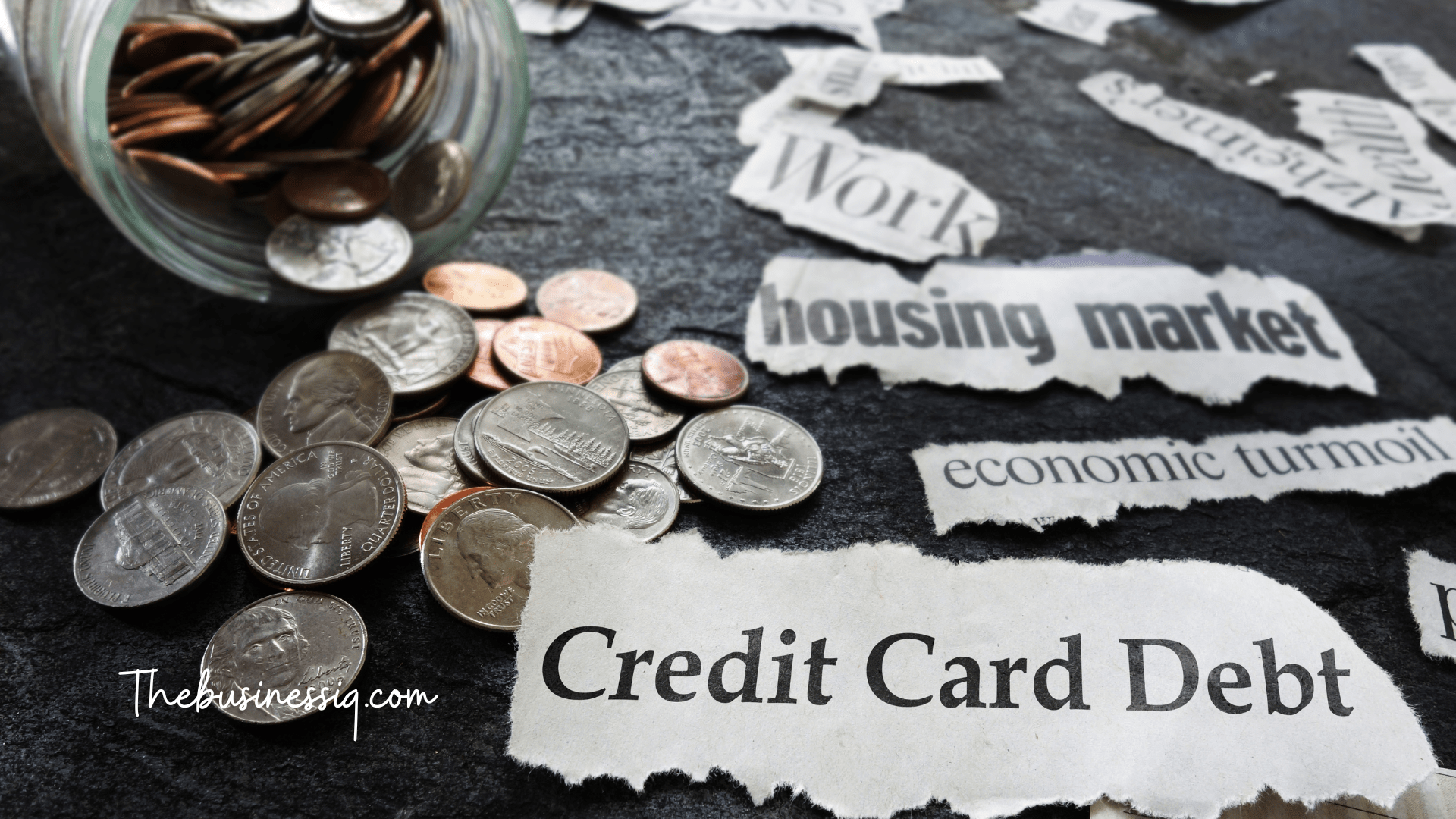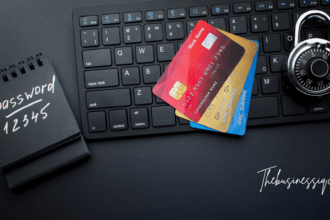Why Credit Card Debt is Growing?
Credit card debt is a serious problem for many Americans. In fact, the average credit cardholder carries a balance of over $6,000.
According to the New York Fed Credit cardholders in the USA collectively carry more than $1 trillion in credit card debt across approximately 578 million credit card accounts.
This debt can have a significant impact on your finances, making it difficult to save for the future, buy a home, or even just make ends meet.
There are a number of factors that can contribute to credit card debt. Some people may use their credit cards to finance large purchases, such as a new car or TV.
Others may use their credit cards to cover unexpected expenses, such as medical bills or job loss.
Still, others may use their credit cards to simply make ends meet, especially if they are struggling to pay their bills.
No matter what the reason, credit card debt can be a major burden.
High-interest rates can make it difficult to pay off your debt, even if you are making regular payments.
And if you fall behind on your payments, you could damage your credit rating and make it even more difficult to borrow money in the future.

The Impact of Rising Interest Rates
The recent rise in interest rates is making credit card debt even more expensive.
The average credit card interest rate is now over 22%, which is significantly higher than it was just a few years ago.
This means that if you have credit card debt, you will be paying more in interest each month.
For example, consider someone with a credit card balance of $10,000.
If their interest rate is 22%, they will be paying over $200 in interest each month.
This can be a significant drain on their budget, especially if they are already struggling to make ends meet.
How to Avoid Credit Card Debt
The best way to avoid credit card debt is to only spend what you can afford.
If you are considering using your credit card to make a purchase, ask yourself if you can afford to pay it off immediately.
If not, it is best to avoid using your credit card altogether.
Here are some other tips to help you avoid credit card debt:
Create a budget and track your spending.
This will help you to see where your money is going and to make sure that you are not overspending.
Avoid impulse purchases.
If you see something that you want, wait a few days before buying it.
This will give you time to think about whether you really need it and whether you can afford it.
Set financial goals and work towards them.
This will help you to stay motivated and to avoid unnecessary spending.
How to Get Out of Credit Card Debt
If you already have credit card debt, there are a few things you can do to get out of it.
One option is to make more than the minimum payment each month.
This will help you to pay off your debt faster and to save money on interest.
Another option is to transfer your balance to a credit card with a lower interest rate.
This can be a good way to save money on interest, but it is important to compare interest rates and fees before transferring your balance.
Finally, you may want to consider getting a debt consolidation loan.
This type of loan allows you to combine all of your debt into one loan with a lower interest rate.
This can make it easier to manage your debt and to pay it off faster.
If you are struggling to get out of credit card debt on your own, you may want to consider seeking professional help.
A credit counsellor can help you to create a budget and to develop a plan to pay off your debt.
Credit card debt can be a serious problem, but it is important to remember that there is help available.
If you are struggling to get out of credit card debt, there are a number of things you can do, such as making more than the minimum payment, transferring your balance to a lower-interest card, or getting a debt consolidation loan.
You may also want to consider seeking professional help from a credit counsellor.
Here are some additional tips that may be helpful:
Shop around for the best credit card interest rates.
There are a number of different credit cards available, and each one has its own interest rate and fees.
It is important to shop around and compare different cards before choosing one. Be careful about using credit card convenience checks.
Credit card convenience checks allow you to withdraw cash from your credit card account. However, the interest rates on these checks are typically very high.
If you need cash, it is best to withdraw it from your bank account instead. Avoid balance transfer fees.
Some credit cards charge a fee for balance transfers.




